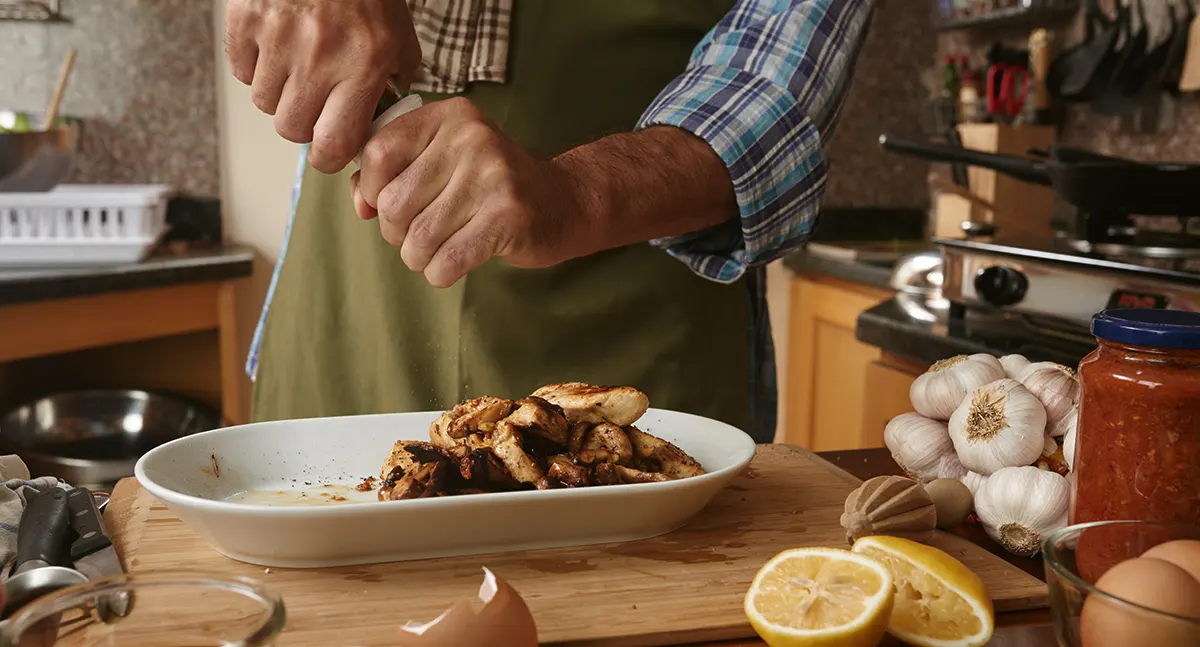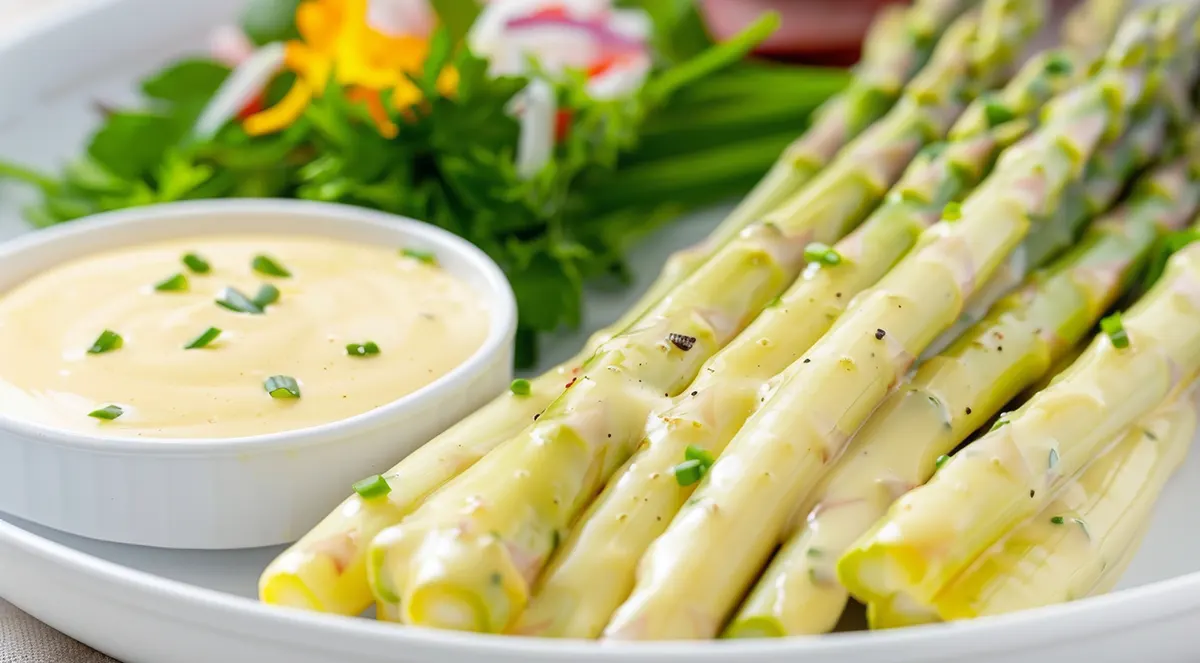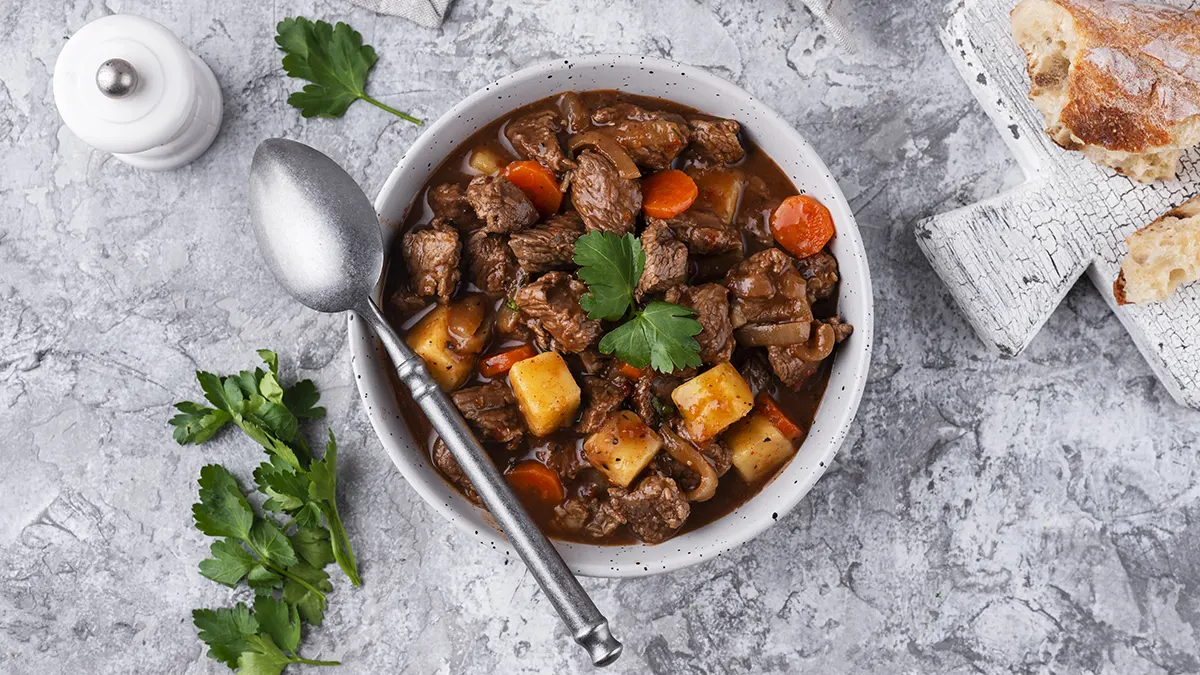What is Classic French Cooking?
Think of classic French cooking as the culinary equivalent of a well-tailored suit. It’s about precision, balance, and an unwavering respect for ingredients. It’s the art of transforming simple elements into extraordinary dishes, from the delicate balance of flavours in a béarnaise sauce to delicate pastries. It’s the kind of food that makes you close your eyes and sigh with pleasure!
A Taste of History
French cuisine has a storied past that dates back to the medieval era, but its modern form began to take shape in the 17th and 18th centuries. The art of French cooking was revolutionised by culinary giants such as Marie-Antoine Carême and Auguste Escoffier. Carême is known for creating grandiose dishes and elaborate presentations, while Escoffier refined French cooking into a systematic and methodical art. His influential work, “Le Guide Culinaire,” published in 1903, remains a cornerstone of French gastronomy and is revered by chefs worldwide.
How French Cuisine Took Over the World
French cuisine didn’t just take over the world; it conquered it with a fork and knife! It all started centuries ago when French chefs became renowned for their innovative techniques and exquisite flavours. As the world explored new lands and cultures, French chefs followed, bringing their culinary expertise with them. From the elegant dining rooms of Europe to the bustling kitchens of America, French influence is evident everywhere.
Read more: How Was French Cuisine as the King of Culinary Dominance
The Art of French Sauces: A Cornerstone of Classic Cuisine
At the foundation of French cuisine are five essential mother sauces. These liquid masterpieces elevate dishes from good to extraordinary.
- Béchamel: A creamy sauce made with milk, butter, and flour, it’s the base for countless other sauces, from cheese sauces to gratins.
- Velouté: This one is made with a light stock (chicken, veal, or fish) and roux. It’s the base for many classic French soups and sauces.
- Espagnole: A rich, brown sauce made with brown stock, vegetables, and meat glaze. It’s the foundation for many hearty meat sauces.
- Hollandaise: A delicate emulsion of egg yolks, butter, and lemon juice, it’s perfect for rich dishes like eggs Benedict.
- Tomato Sauce: While not a traditional French mother sauce, it’s often included due to its importance. It’s the base for countless pasta sauces and other dishes.
From these five, a world of culinary possibilities unfolds. Chefs create countless variations by adding different flavourings, textures, and ingredients.
Read more: Conquer the Classics: Mastering the Five Mother Sauces
Why Learn Classic French Cooking?
Mastering classic French cooking is like learning a secret language of flavour. It’s a skill that opens doors to exciting culinary careers. Plus, who wouldn’t want to spend their days surrounded by the aroma of freshly baked bread and simmering stocks?
Where to Mastering Classic French Cooking Techniques?
The Professional Diploma Program in Cuisine at Institut Disciples Escoffier (IDE) offers a thorough immersion into classic French cooking. This program covers essential techniques from the basics of knife skills and sauce-making to advanced culinary artistry, all rooted in the time-honoured principles laid out by Auguste Escoffier. With a curriculum that blends traditional methods with modern innovations, students gain hands-on experience in state-of-the-art kitchen labs and benefit from personalised instruction due to small class sizes and a high teacher-to-student ratio. Focusing on practical skills, combined with regular tastings and feedback, ensures graduates are well-prepared to excel in high-end culinary environments.
IDE’s program also emphasises the integration of contemporary culinary trends and techniques, providing students with up-to-date knowledge and skills that meet current industry standards. Collaborations with renowned chefs and exposure to cutting-edge practices enhance the learning experience, while a strong network of industry connections opens doors to promising career opportunities. Whether you aspire to work in prestigious restaurants or forge your culinary path, the Professional Diploma Program in Cuisine equips you with a solid foundation and the creative freedom to make a mark in French gastronomy.














